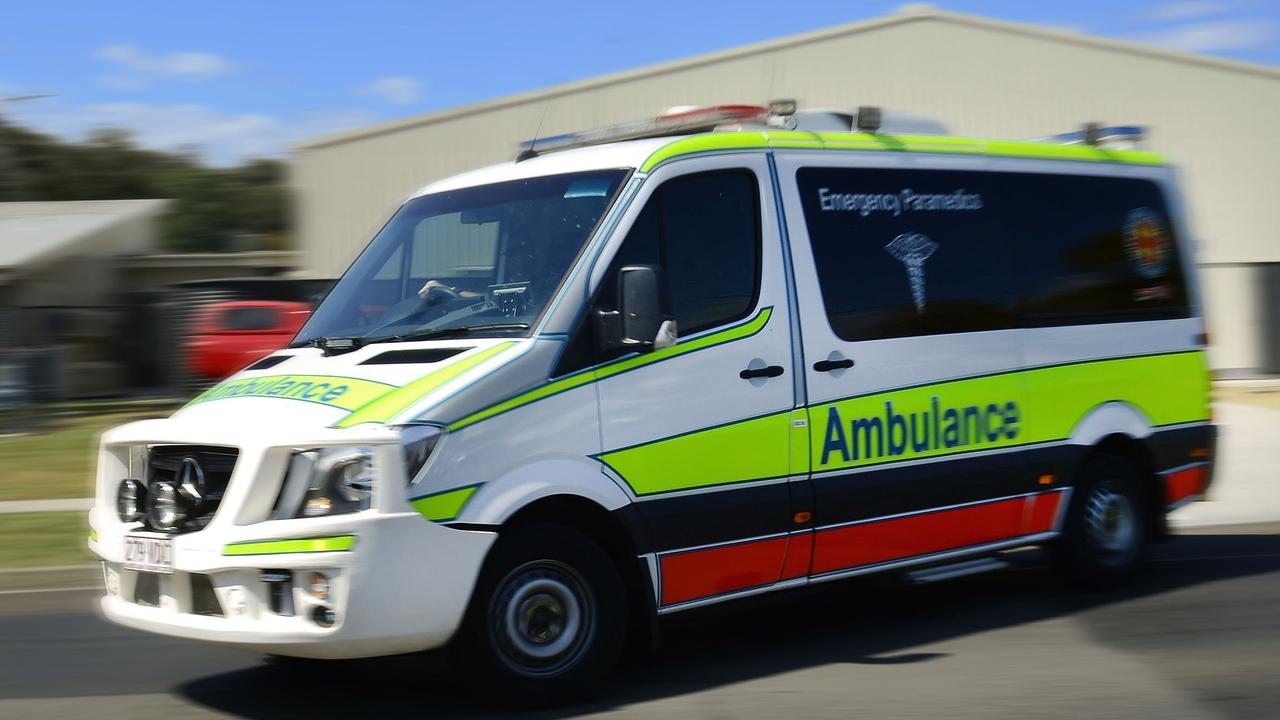‘Costing lives’: Four-plus hour wait for help ends in woman’s death
It took hours for paramedics and police to attend the home of a woman who called triple-zero for help – when they did she was already dead.
It took more than four hours for paramedics and police to attend the home of a distressed, suicidal woman who called triple-zero for help – and when they did she was already dead.
Right to Information documents obtained by the Courier-Mail of a significant incident review conducted by the Queensland Ambulance Service into the Gold Coast incident reveal the woman had called triple-zero at 12.43am to say she was “suicidal and actively cutting herself” in July last year.
But because of the threat of potential weapons at the location – with the patient stating she was using a razor – paramedics were required to wait for a police unit to also be available, meaning the first ambulance was not dispatched until almost 3am.
The logs revealed under RTI show that after waiting for more than an hour until 4.21am for police to arrive, the paramedic crew was sent to another waiting job.
At about 5am another crew was assigned and waited a further twenty minutes for police, but were actually at the wrong address because the caller – who was described as “very confused” – had provided triple-zero with sparse details.
It was not until almost 6am police and paramedics located the patient at the correct address and found the woman “clearly deceased”.

Internal logs state the Southport operations had been under “extreme” pressure for 48 hours before the incident, and southeast Queensland had been escalated to “extreme hospital delays” by the State Operations Coordination Centre several hours before the woman placed the call.
A mental health clinician had spoken to the woman shortly after she called triple-zero at about 12.50am, determining it was a “very high-risk scene”, and recommending it needed an urgent response and an upgrade from a 2A to a Code 1 job.
The log shows a mental health clinician attempted to call the patient back at about 2am, but there was no answer.
Notes on the RTI also reveal questions were raised about the “staging” which occurred at the job – scenarios where paramedics are on scene but wait for police to assist for safety reasons.
The review noted “the unpredictable nature of the environments and situations that QAS staff are exposed to which makes decisions to stage extremely difficult, particularly where weapons are involved”.
“Without knowing the exact time of death, it is unable to be determined whether this decision has influenced the outcome,” the report states.
“It is clear there was a genuine concern on their part for the safety which directly influenced their decisions to stage.”
The report also states the Gold Coast Region Assistant Commissioner and the Southport Operations Centre manager met with family and friends of the woman to “explain QAS actions”.

“The family indicated that they were satisfied with and grateful for the meeting,” the report states.
QAS Commissioner Craig Emery told The Courier-Mail while he could not disclose patient information, the safety of the paramedic was always a clear priority.
He also said procedures relating to staging had been followed, and that hospital waiting times had not been a factor in the outcome of this incident.
LNP health spokeswoman Ros Bates said the incident was indicative of how serious issues with ambulance ramping were impacting response times – and sometimes, costing lives.
“Despite the heroic efforts of doctors, nurses and paramedics, our health system is crumbling under the weight of Labor’s chaos and crisis,” she said.
“On Labor’s watch, while patients are waiting on ambulance ramps, Queenslanders are waiting at the end of the phone, unable to get help in their time of need.”


